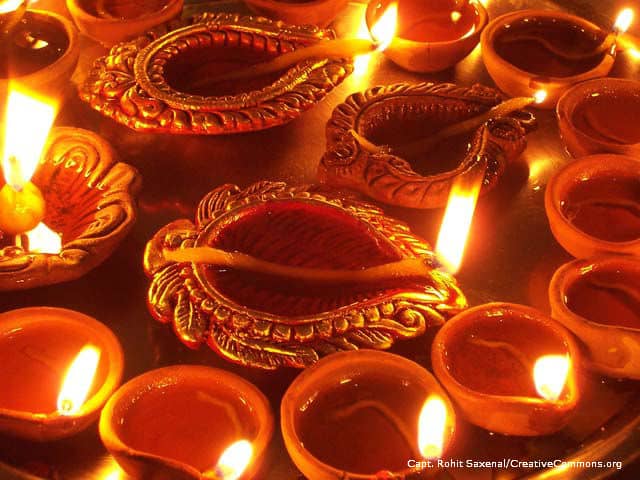Sadakant, the festival commissioner, sent notices to the British broadcasters seeking their replies by Friday.
He alleged that the two networks have misused their access to the festival by ignoring the religious significance. Most women worshippers are scantily dressed during their holy dip.
Sadakant, who uses one name, said the Uttar Pradesh state government has received complaints from some Indians living in Britain, protesting the television coverage of the Kumbh Mela being held in Allahabad, a town 575 kilometers (360 miles) southeast of New Delhi.
Authorities have asked all the television networks submit their footage to inspection before telecasting them, Sadakant told The Associated Press.
Millions of Hindu devotees are taking holy dip during the 43-day Kumbh Mela festival at the confluence of three sacred rivers, the Ganges, the Yamuna and the mythical Saraswati, which they believe flows through the spot.
The devotees believe that the holy dip washes away their sins and breaks the cycle of death and rebirth. The festival ends Feb. 21.
Two Allahabad High Court justices are expected to rule on Friday on a petition filed by Rajiv Aggarwal, a local resident, demanding a ban on photography at the festival.
Sadakant, in an affidavit filed before Chief Justice S.K. Sen and Justice Rafat Alam, said the festival authorities planned to restrict photographers and the television crews to spots 200 meters (yards) from the bathing area to avoid close shots of the Hindu devotees.

